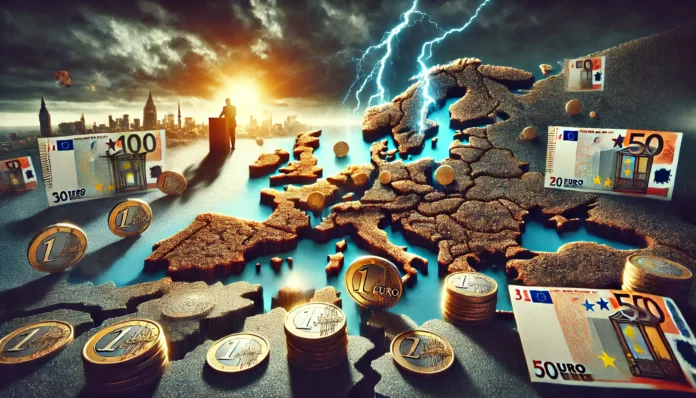This is the question being asked by the European bureaucracy, which is launching yet another mega-program aimed at reforming its economy. They propose an annual investment of 800 billion euros to restore the European economy from its ongoing crisis. The investments are planned to modernize aging infrastructure, decarbonize the economy in line with the green agenda, and maintain production.
However, it remains unclear where such vast sums of money will come from, especially against the backdrop of an acute budgetary crisis and economic uncertainty across Europe. For instance, Volkswagen is considering closing some of its operations, as it is selling half a million fewer cars than in 2019.
Political divisions are also intensifying. The European bureaucracy has decided to impose sanctions on Slovakia, following Hungary’s example, because Robert Fico refuses to fund liberal media outlets with state resources. Moreover, he has halted the work of Brussels-directed “anti-corruption agencies.”
A new warfront seems to be opening within the European Union itself. The past 15 years have turned into a lost generation for Europeans. Real incomes are declining. In 2008, the Eurozone’s economy was comparable to that of the United States, but by 2024, it has fallen to half of that. By 2035, the gap between the U.S. and Europe is expected to resemble that between Japan and Ecuador—if the European Union still exists by then.
Translated and edited by Alex Kada

